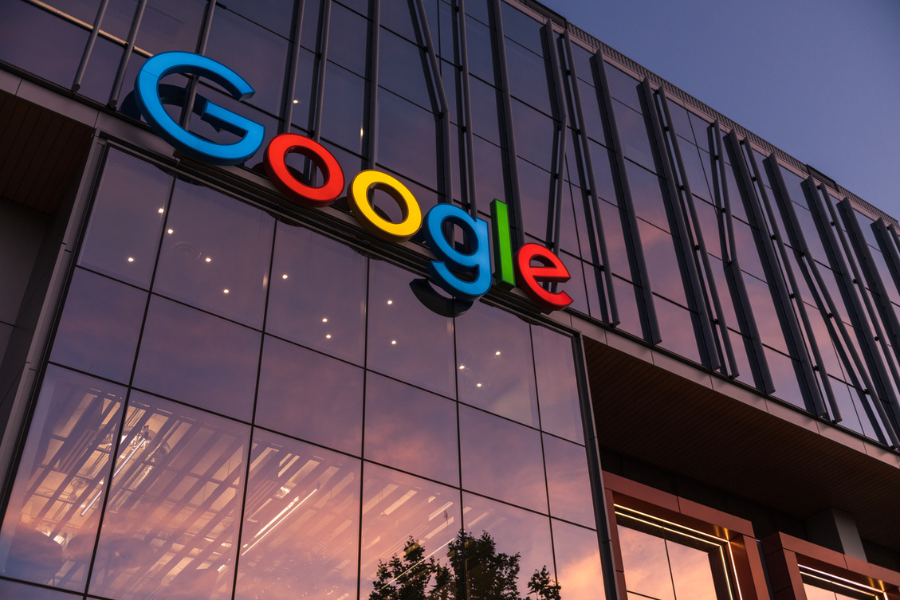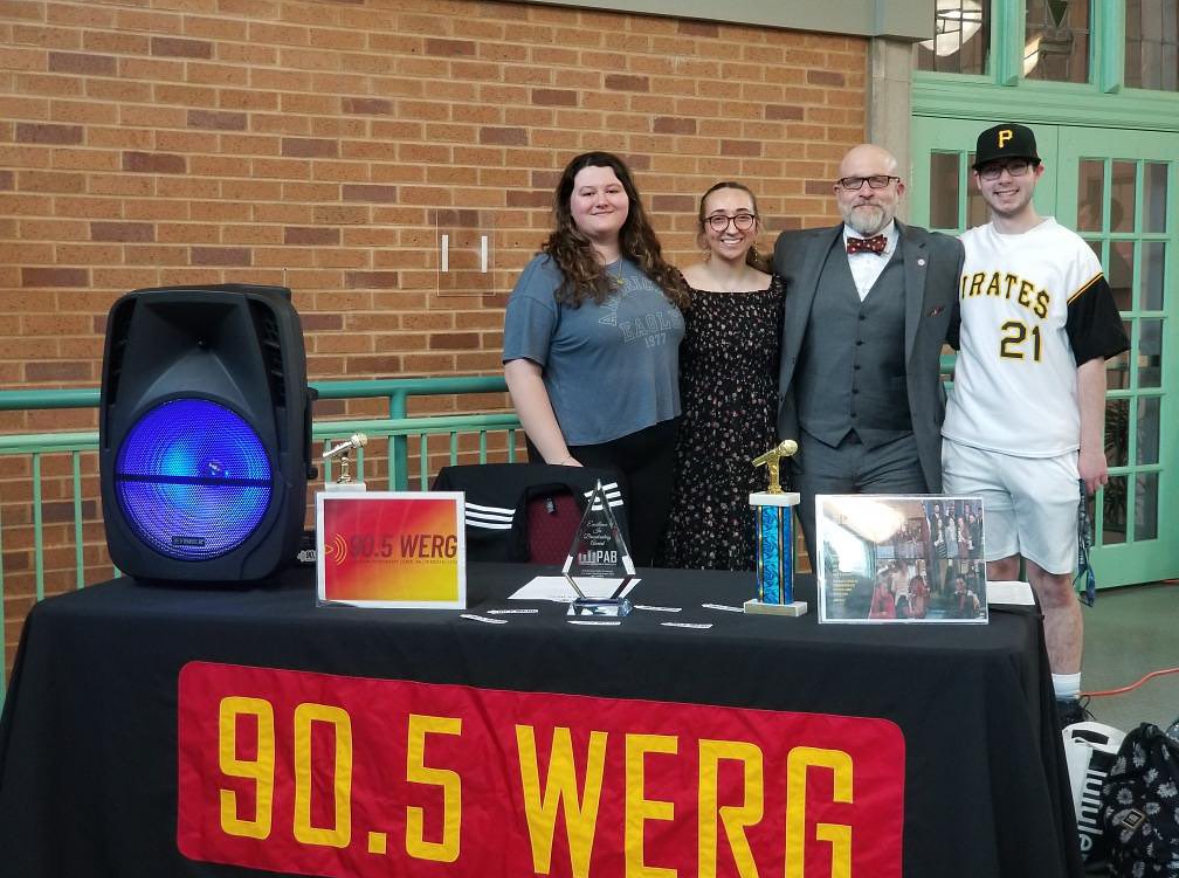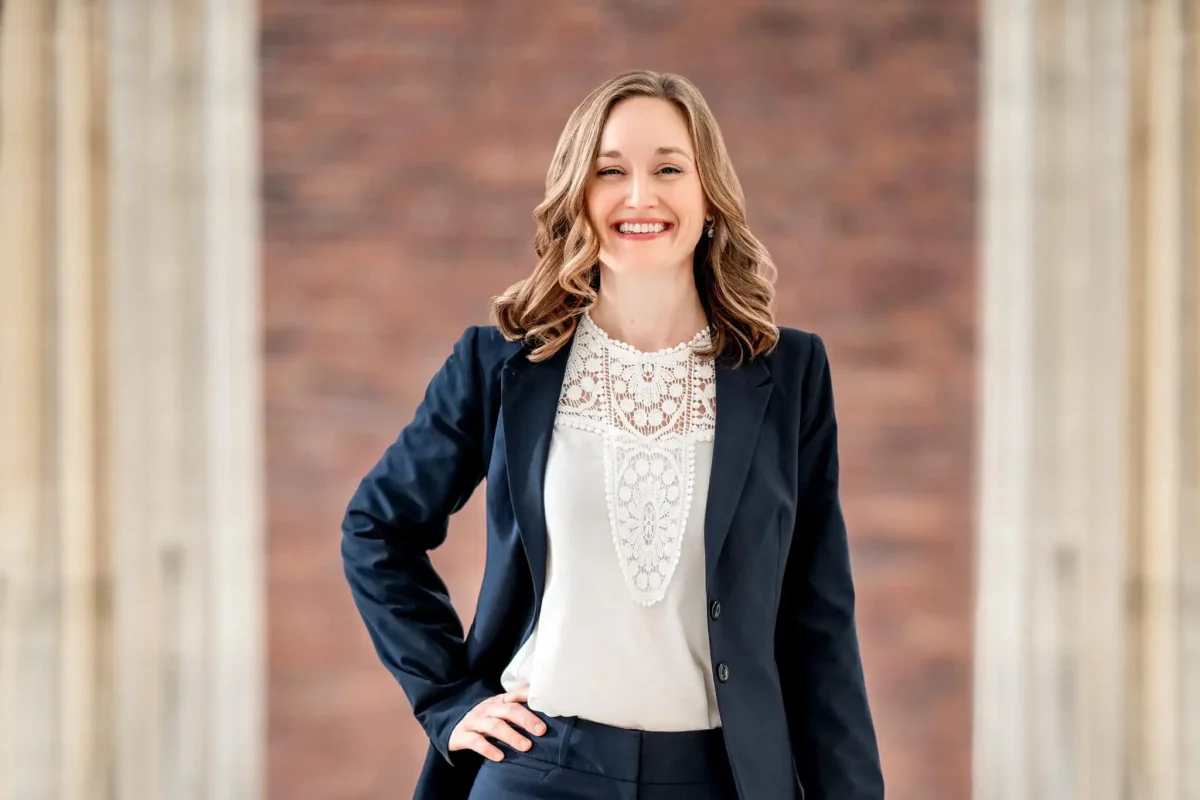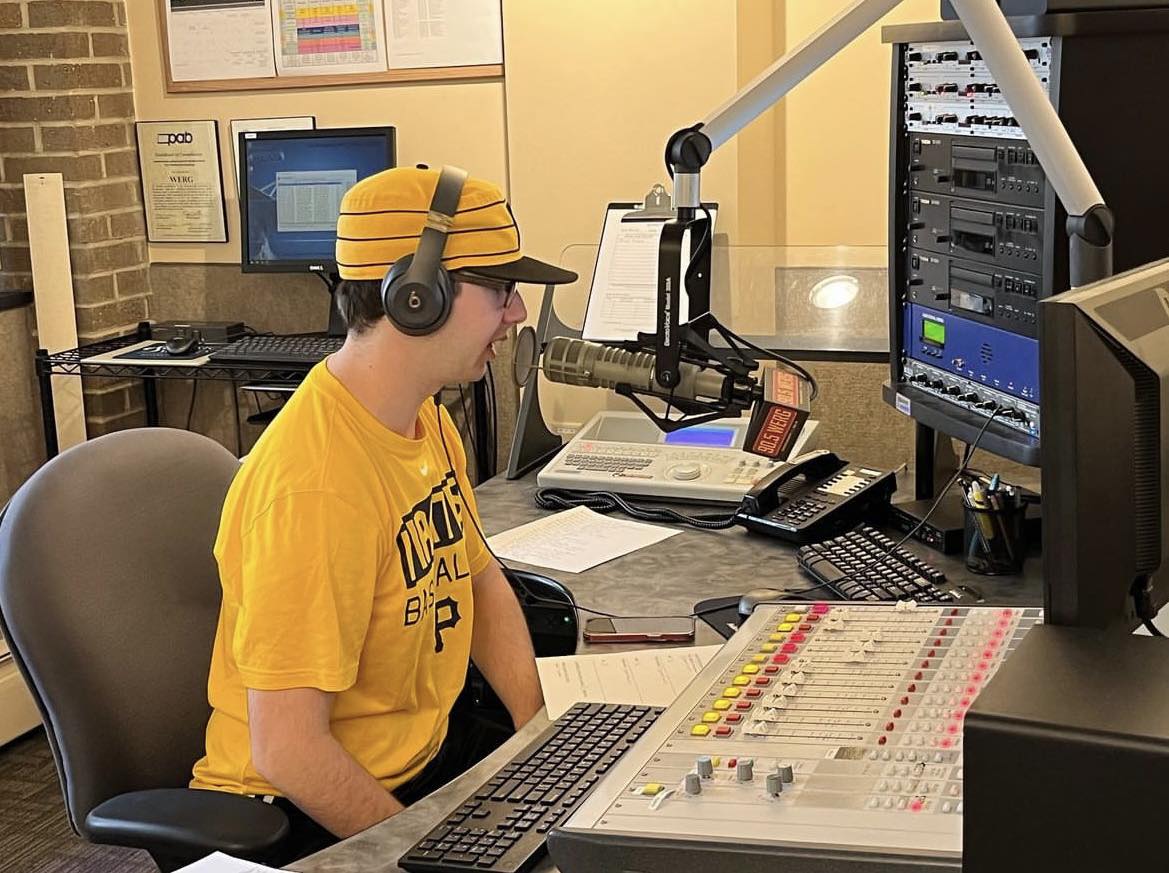March 22, 2024/Midnight
Erie Pa.— This past weekend, Russia held their 2024 Presidential Election which Vladimir Putin won.
Putin won by landslide margins. This win means that Putin will now serve his 5th term as the leader of Russia. Numerous critics from around the globe had already predetermined this win and are arguing that Putin’s victory was neither fair nor ethical.
Vladimir Putin was born on October 7, 1952, in Leningrad, Russia, USSR, (now St. Petersburg, Russia). Not much is known about his early life, but according to official website for President of Russia, Putin graduated with a law degree from Leningrad State University in 1975 at the age of 23, and later earned a Ph.D. in economics. After his educational years, he served as an intelligence officer in Russia for the KGB agency and then in the former East Germany for a combined 15 years prior to his political career. After he retired in 1990, Putin returned to Russia becoming an assistant to the rector of his alma mater, Leningrad State University, where he would assist with external relations.
His political career started in 1991, when he became a chairperson for the St. Petersburg City Council’s International Relations committee and at the same time was the First Deputy Chairpersons of the St. Petersburg City Government. Working his way up the ranks for the next couple of years, Putin would be appointed Prime Minster of Russia in August of 1999. In December of that same year, Putin would become the standing president after former president Boris Yeltsin’s unforeseen resignation. Putin was hand-picked by Yeltsin and his inner circle to be Yeltsin’s successor, as they all believed Putin was a good fit, and that he would not charge them with any of them with the crimes that had committed during Yeltsin’s reign.
The following year, according to Michael McFaul’s 2000 testimony before the US Senate Committee on Foreign Relations published by the Carnegie Endowment for International Peace, power would change hands for the first time in Russia through an electoral process, when Putin was elected President of Russia on March 26, 2000, and on May 1, 2000, Putin would be inaugurated, starting his first real term as the leader of Russia.
Since his first presidential win back in 2000, Putin has found a way to continue his reign for almost a quarter of a century and has stayed in steady and unwavering control of the Kremlin or the Russian government. After serving two back-to-back four-year terms as president, which was all that was allowed “consecutively” and constitutionally at the time, Putin stepped down and served again as Prime Minister of Russia, while Putin’s former deputy chief of staff, Dmitry Medvedev stepped in as president from 2008 until 2012. Many criticized Medvedev’s presidency and questioned whether Prime Minster Putin would still be in control, despite his new position since he would be working in such close quarters with the new president.
During Medvedev’s presidency, he would make numerous changes to the Russian Constitution, which was adopted back in 1993, including extending presidential terms to six years instead of four. This change would end up benefiting Putin when he ran for presidential office again in the 2012 election, which he would win, allowing him to be in office until 2018.
In 2020, two years into his third term as president, Putin would similarly make multiple amendments to the Constitution. According to the briefing from May 2020 for the European Parliament regarding the changes to the Russian Constitution, Putin’s amendments revised nearly a third of the Constitution’s 137 articles. Putin claimed at the time these amendments were strictly being done as a means to “improve the balance of power” within the Kremlin. The amendments concern the role of Russia’s political institutions, Russian sovereignty, socioeconomic benefits, and traditional Russian values.
In regard to the presidency, the Constitution originally stated that president could serve a maximum of two consecutive terms. Under Putin’s revised constitution, the word “consecutive” is removed and it states that the president can serve a maximum of two terms within their lifetime. Many critics believe this change was made by Putin to ensure no other leader after him could replicate his reign.
The amendment that changed the course of Putin’s leadership reign was the last-minute revision made by lawmaker and former Soviet cosmonaut Valentina Tereshkova, which made Putin’s priors terms as president no longer apply to the new two-term amendment. This revision would give Putin the opportunity to legally run in last weekend’s election and once more in 2030, if he so pleases.
In a 2020 analysis piece for Foreign Policy Susan B. Glasser writes, “Twenty years ago, if you had asked me or basically anyone whether Vladimir Putin would become the longest-serving Russian leader since Joseph Stalin, the response would have likely been either incredulous silence or uproarious laughter.”
Glasser notes that Putin was almost the complete opposite of his predecessor which made him favorable to the Russian people and international spectators alike, “To admirers at home as well as many who misread him in the West, he seemed to represent a different course for Russia—toward becoming a “normal,” more modern, if more modest, country.”
Voting in the 2024 Russian election took place throughout the country, within the illegally annexed territories of Ukraine and online. Online polling was also introduced during the 2024 election and was quite a concern due to the ability for online poll numbers to be easily manipulated. Numerous Ukrainians within the illegally annexed territories boycotted the polls, resulting hundreds of arrests.
When the final polls came in on Sunday, it was reported that of the 77% of voters who participated in the polling, 87% of all votes were in favor of Putin. Although the polls show that a majority of Russians are in support of Putin’s rule, those who are in opposition have been silenced in one way or another.
The Russian government has shut down numerous news outlets and outlawed independent media and reporting since the initiation of the war with Ukraine, which started back in early 2022. According to AP, all independent monitoring of the 2024 election was banned as well, and only the Kremlin controlled media could report on the results. Because of this nationwide censorship and control of the media by the Kremlin, it is impossible to know what the results of the election really were.
As of now, Putin will serve another six years as the president of Russia until the next election in 2030, making him one of the longest-ruling Russian leaders since the rule of Catherine the Great, back in 18th century, who’s reign lasted for a little over 35 years. The future is unclear for Russia, but one thing remains for certain, Putin is here to stay for at least six more years.








